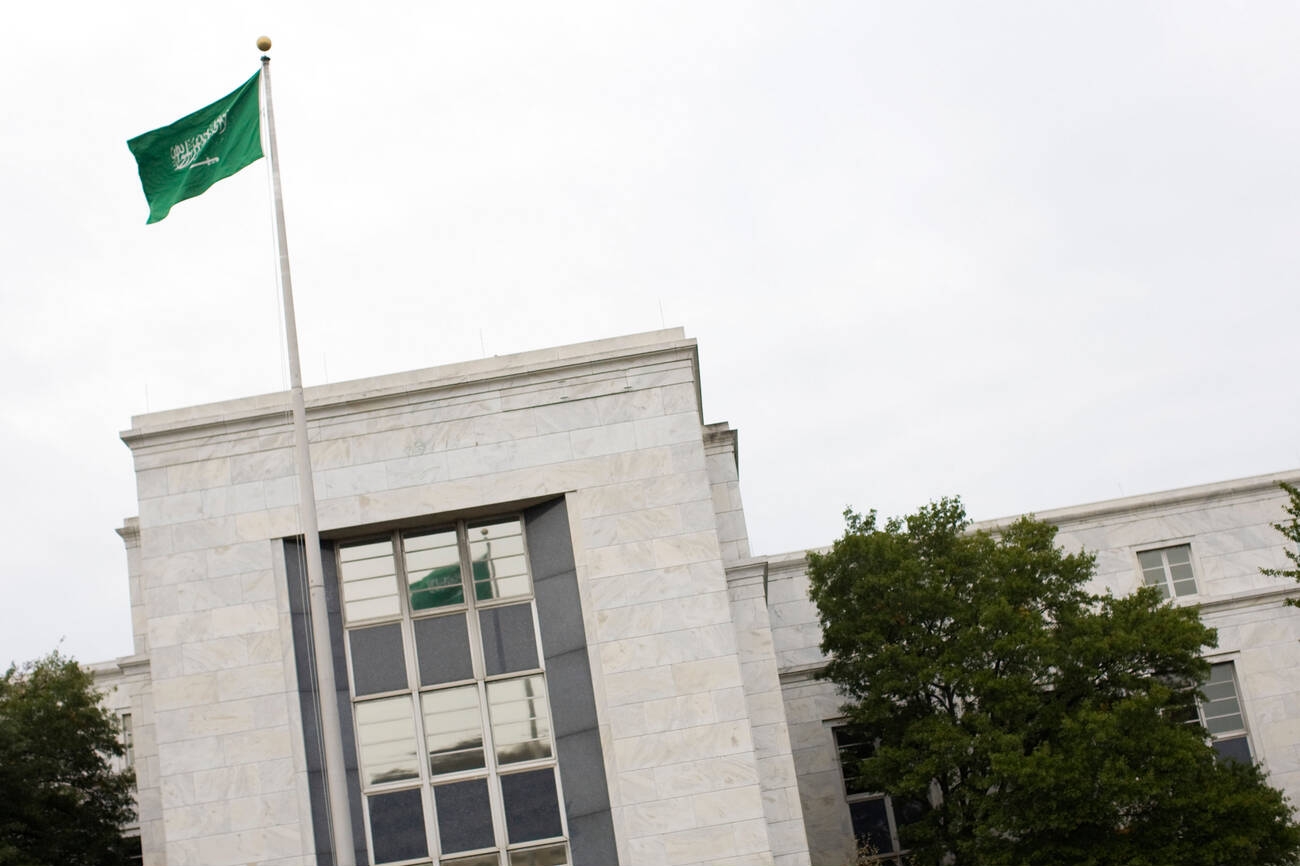The UN High Commissioner for Human Rights Michelle Bachelet has warned British lawmakers against passing a proposed law that would protect war criminals and allow the UK government abandon its human rights commitments.
In a statement on Monday, Bachelet said the new Overseas Operations (Service Personnel and Veterans) Bill should be amended in a way that it wouldn’t shield British military personnel deployed to other nations from being held accountable for torture and other criminal actions.
“As currently drafted, the Bill would make it substantially less likely that UK service members on overseas operations would be held accountable for serious human rights violations amounting to international crimes,” Bachelet said.
The bill is due to be debated again by the House of Lords, the UK’s upper chamber, where amendments may still be made.
The sponsors of the bill suggest that it will “provide greater certainty for Service personnel and veterans in relation to claims and potential prosecution for historical events that occurred in the complex environment of armed conflict overseas.”
Therefore, the law seeks to introduce new preconditions that must be met in order for any alleged offenses its covers to be prosecuted.
The bill has stirred international concern over London’s future compliance with human rights accords such as the Convention against Torture and Other Cruel, Inhuman or Degrading Treatment or Punishment (CAT), and the 1949 Geneva Conventions.
These agreements require the signatories to prevent, investigate and prosecute acts such as torture and unlawful killing without making exceptions as to when or under what conditions they occured.
Bachelet welcomed the fact that Schedule 1 of the Bill already excludes rape and some other sexual offenses from the scope of the bill but that is not enough.
“The prohibition of torture in international law is both clear and absolute,” Bachelet said.
“Article 2 of the Convention against Torture is unequivocal, stating that ‘No exceptional circumstances whatsoever, whether a state of war or a threat of war, internal political instability or any other public emergency, may be invoked as a justification of torture.’” she added. “The Overseas Operations Bill risks undermining these clear obligations in a number of ways.”
None of the new distinctions that the Bill would bring into law is mentioned by those agreements.
The bill brings a formal presumption against prosecution of relevant crimes service members overseas committed more than five years earlier.
It also requires prosecutors to ‘give particular weight’ to the adverse effect
of conditions the service members were exposed to during deployment.
The bill also requires the consent of the Attorney General or, where applicable, the Advocate General of Northern Ireland, for proeecuting offenses committed more than five years earlier.
The proposed law also contains provision that would limit the ability of courts to consider certain civil claims in connection to overseas operations, after more than six years have passed.
“I urge UK legislators in both Houses of Parliament, and the Government, to take these concerns fully into account when reviewing the bill, and to ensure that the law of the United Kingdom remains entirely unambiguous with regard to accountability for international crimes perpetrated by individuals, no matter when, where or by whom they are committed,” Bachelet said.
“The ability of the UK’s courts to resolve the most serious allegations against military personnel, with the independence and fairness for which they are known around the world, should be maintained and strengthened, rather than be cut back on such problematic grounds,” she added.


















